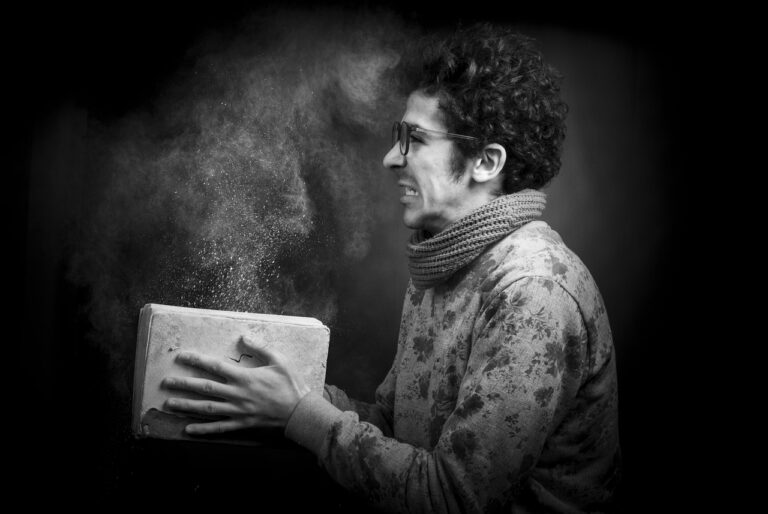The Role of Community Colleges in Supporting Veterans: Betsbhai9, Radha exchange, Lotus 365 login
betsbhai9, radha exchange, lotus 365 login: Community colleges play a crucial role in supporting veterans as they transition back to civilian life after serving in the military. These institutions offer a variety of resources and services specifically tailored to meet the unique needs of veterans. From academic support to career counseling, community colleges are dedicated to helping veterans succeed in their educational and career goals.
Here are some key ways in which community colleges support veterans:
1. Flexible Class Schedules: Many veterans juggle family responsibilities, work commitments, and healthcare needs while pursuing their education. Community colleges often offer flexible class schedules, including evening and weekend courses, to accommodate the diverse needs of veteran students.
2. Veteran-specific Support Services: Community colleges have dedicated support services for veterans, including academic advising, counseling, and peer mentoring programs. These services help veterans navigate the challenges of transitioning to college life and provide a supportive network of fellow veterans.
3. Financial Aid and Tuition Assistance: Community colleges understand the financial challenges that veterans may face when pursuing higher education. Many institutions offer financial aid packages, scholarships, and tuition assistance programs specifically for veterans.
4. Transfer Credit Policies: Community colleges often have transfer credit policies that recognize military training and experience. This allows veterans to receive academic credit for their military service, saving them time and money as they work towards their degree.
5. Career Counseling and Job Placement: Community colleges provide career counseling services to help veterans explore new career paths and develop job-ready skills. Many institutions also have job placement programs that connect veterans with employers who are seeking to hire individuals with military experience.
6. Veteran Resource Centers: Many community colleges have dedicated veteran resource centers on campus. These centers provide a space for veterans to connect with other veteran students, access resources, and receive support tailored to their unique needs.
In conclusion, community colleges play a vital role in supporting veterans as they transition to civilian life and pursue their educational and career goals. Through flexible class schedules, veteran-specific support services, financial aid options, transfer credit policies, career counseling, and veteran resource centers, community colleges are committed to helping veterans succeed in their academic and professional endeavors.
—
FAQs
1. Do community colleges accept military benefits such as the GI Bill?
Yes, many community colleges accept military benefits such as the GI Bill. Veterans should contact their school’s financial aid office to inquire about using their military benefits for tuition and other educational expenses.
2. Are there specific programs at community colleges for veterans?
Yes, many community colleges offer specific programs and support services for veterans, including academic advising, counseling, career counseling, and veteran resource centers.
3. Can veterans receive academic credit for their military training and experience?
Yes, many community colleges have transfer credit policies that recognize military training and experience. Veterans may be eligible to receive academic credit for their military service, which can help expedite their path to earning a degree.







